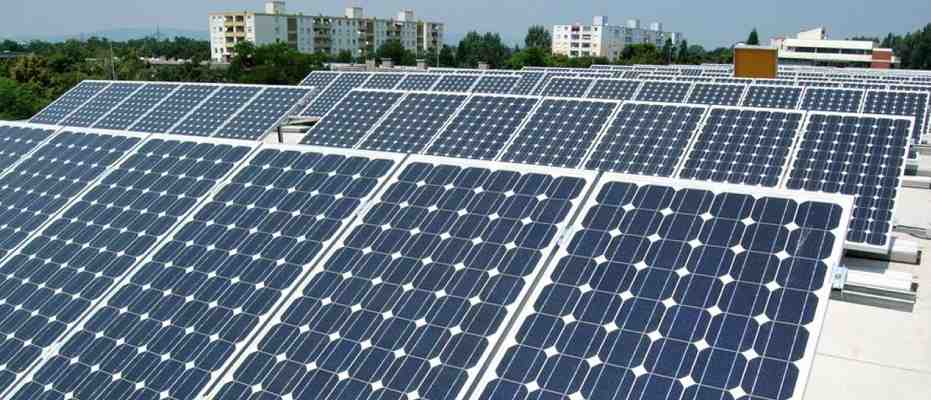Due to the rising cost of electricity and the government’s initiatives to encourage renewable energy sources, solar power is quickly gaining favour in India.
A great approach to save power costs and help the environment is by installing solar panels. Nevertheless, if you don’t know where to begin, acquiring a solar panel installation in India might be a difficult undertaking.
Everything you require to know about connecting a solar panel in India will be covered in this blog.
Make a Feasibility Analysis
It’s crucial to carry out a feasibility analysis to ascertain whether your site is suited for solar electricity before installing solar panels.
The quantity of sunshine in your region, the orientation of a roof, and the shade on your roof are a few of the variables to take into account during the feasibility study.
You may calculate how many photovoltaic power you need and how much electricity you can produce using the feasibility study.
Choose a solar panel installer
The next step is to select a solar panel installer once you’ve confirmed that your area is appropriate for solar electricity. It’s crucial to select a reliable and knowledgeable solar panel installation from among the numerous available in India.
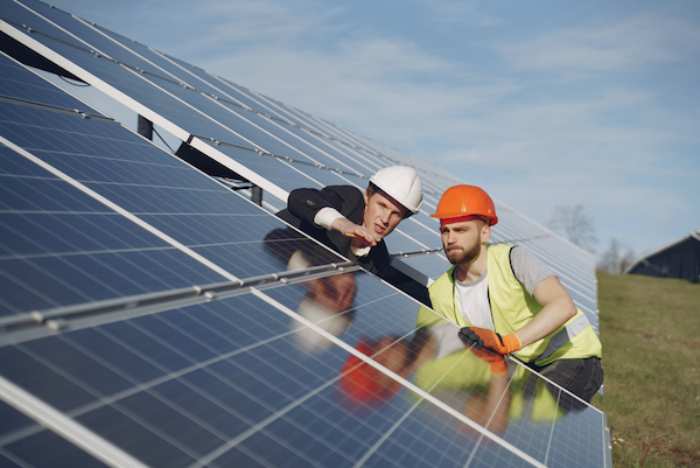
When selecting a solar panel installer, you should take into account things like their experience, product quality, customer service, and cost.
Here you can also know about these 5 kw solar system in India. It is easily installed for every house.
Obtain necessary permits and approvals
You must get the required permissions and authorization from your local authorities before installing solar panels.
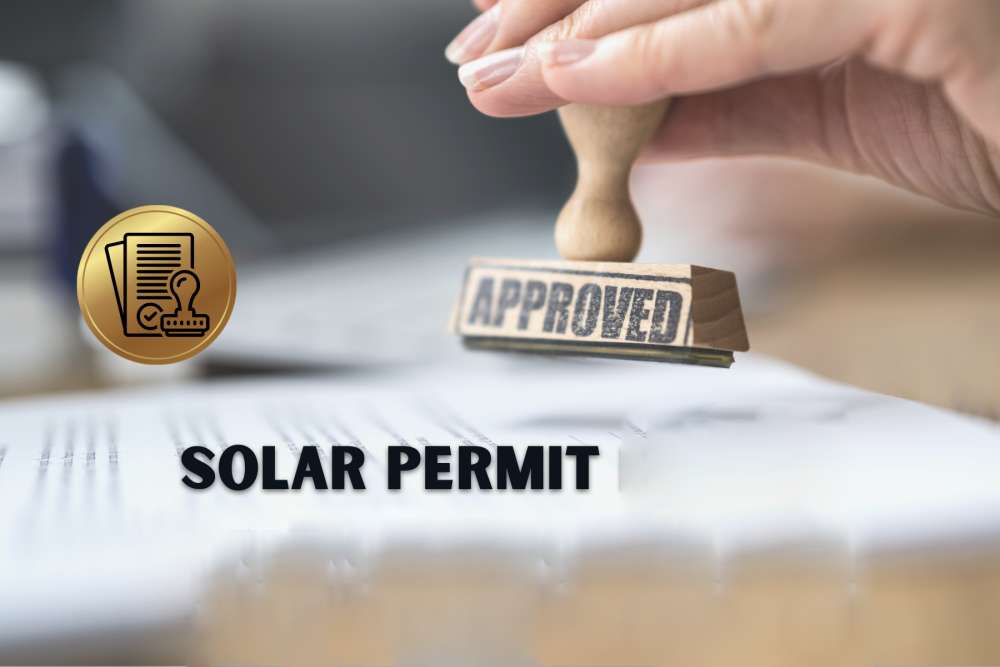
It’s crucial to contact the appropriate officials to find out what’s necessary as permission and approval procedures differ from state to state.
A construction permit, an electric permit, and permission from your homeowner’s organisation are a few of the licences and approvals you could want.
Install the solar panels
It’s time to set up the solar panels after securing the required licences and clearances.
The procedure of installing solar panels will be handled by the solar panel installer, who will normally put the panels on your roof and link them to your apartment’s electrical system.
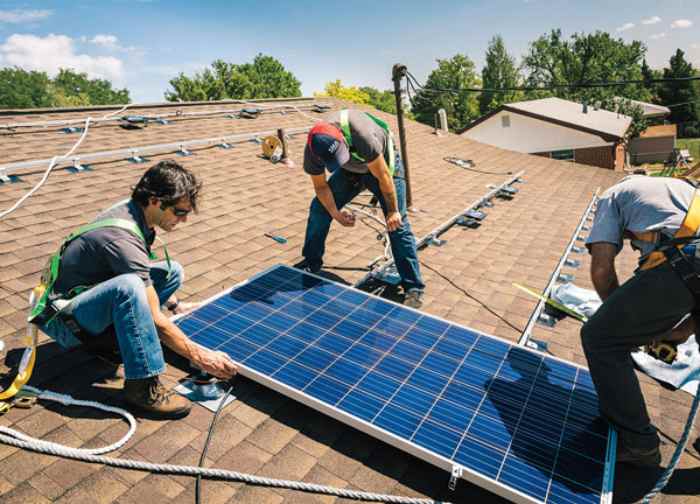
Depending on the dimensions of the system, the installation procedure often takes a few days.
Relate to the Grid
The solar panels must be linked to the grid after installation. Installing a bi-directional metre is necessary to do this since it tracks both the power your home uses and the electricity your solar panels produce.
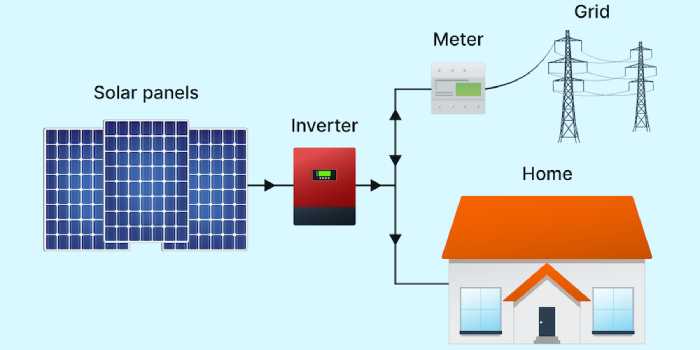
Your solar system for home will be linked to the grid and you will be able to start producing power once the bi-directional metre is fitted.
Experience the advantages of solar power
You may start taking use of solar energy once your solar array system is operational.
Solar energy may lower your electricity costs, lessen your environmental impact, and raise the value of your property. Also, you’ll be helping to create a future that is more sustainable and clean.
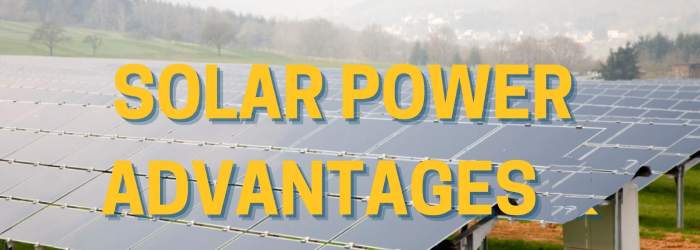
You should also know about these best solar power manufacturing in India. They will provide you end to end service with proper maintenance.
India’s selection of solar panel types
Due to the government’s promotion of sources of clean energy and rising power prices, solar panels are growing in popularity in India.
In India, a variety of solar panel types are available, each with specific benefits and drawbacks. We will examine the various kinds of solar panels offered in India in this post.
Monocrystalline solar panels
Due to its great efficiency, monocrystalline solar panels are constructed from a single silicon crystal.
They often come in the colour black and are more expensive than other kinds of solar panels. In contrast to other kinds of solar panels, they are stronger and last longer.
Polycrystalline solar panels
Polycrystalline solar panels are less efficient than solar panels with monocrystalline cells and are often blue in colour. They are a wonderful option for hot settings since they are less susceptible to high temperatures and shade.
Thin-film solar panels
Layers of photovoltaic material are placed on a substrate, such as glass, plastic, or metal, to create thin-film solar panels.
They come in a variety of colours and sizes and are often less costly than other solar panel kinds. They are more susceptible to shade and have a lower performance than other varieties of solar panels.
Concentrated solar power systems
Using mirrors or lenses, concentrated solar panels focus sunlight into a tiny area, heating a fluid that generates power.
They are more efficient than other types of solar panels and are frequently used for large-scale solar power facilities.
They are more costly and maintenance-intensive than other kinds of solar panels, though. To get some more details retaled to solar panel and their installation you can visit on Solluz.co.in and contact them on 917827110601.
What India’s requirements are for solar panel maintenance?
In order for your solar panel system to continue producing power and operating well, maintenance is crucial. We’ll look at some maintenance advice for solar panels in India in this post.
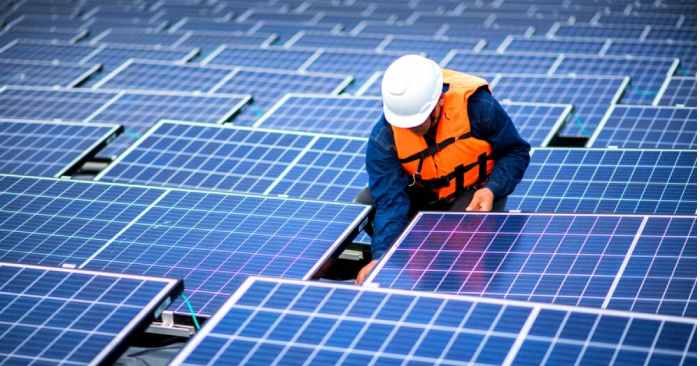
- Clean up your solar panels
Use a soft brush or sponge and a light detergent to get rid of dirt or grime from your solar panels to keep them clean. Avoid using anything abrasive that could harm the solar panels’ surface.
- Verify any shading
Your solar panels’ efficiency might be dramatically lowered by shading. Make sure there are no trees, structures, or other obstacles in the way of your solar panels so as to prevent shade.
If you find any shadowing, think about pruning trees or moving the solar panels to an area that receives more sunlight.
- Keep an eye on your solar panel setup
By keeping an eye on your solar panel system, you may spot any problems that might be affecting its performance.
Use a monitoring device to keep tabs on your energy output and confirm that your solar panels are functioning properly. Make touch with your solar panel installation to look into any noticeable decreases in energy output.
- Verify any damage
Check your solar panels for any indications of wear and tear, such as cracks or scratches, on a regular basis. Contact the solar panel installer to have the damaged panels repaired or replaced if you discover any damage.
- Plan routine maintenance
To guarantee that your solar panel system continues to run effectively, schedule routine maintenance. The solar panels may need to be cleaned, the cabling and connections examined, and the inverter tested.
